Wounded Boris Johnson plots next move but critics scent blood
With the departure of a key ally and his government in disarray, there are questions in the Tory party over whether the problem is with those surrounding Boris Johnson or the PM himself.
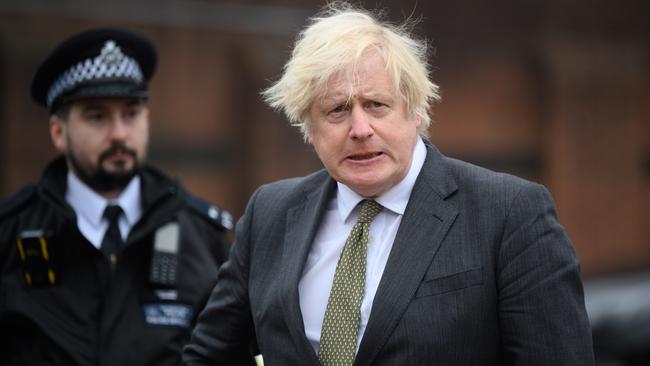
Boris Johnson must feel as if he is under siege. A week that was already one of the worst of his premiership culminated on Saturday night in the resignation of one of his closest allies – Lord Frost, the Brexit minister.
An ally of the prime minister said that Johnson had taken Frost’s resignation personally, especially after the Conservative Party’s disastrous performance in the North Shropshire by-election on Thursday.
The man Johnson affectionately referred to as “the Great Frost” joined him in the Foreign Office as an adviser and subsequently became a key figure in his government as the architect of his Brexit deal.
“Boris is quite raw,” the ally said. “Everything is going wrong. He feels under siege, like he’s losing control. When such a close ally launches such a withering attack on your policy agenda it hurts.”
Frost was also one of Johnson’s few true allies in the cabinet. “He is losing a great supporter and an ally,” a cabinet minister said.
“He doesn’t have a huge number of them in cabinet. To lose someone like David is serious. A lot of policy is being directed by people that aren’t sympathetic to the prime minister.
“The concern is that someone who is close to the prime minister, with views shared by a large chunk of the Conservative Party, has found his position in cabinet impossible.”
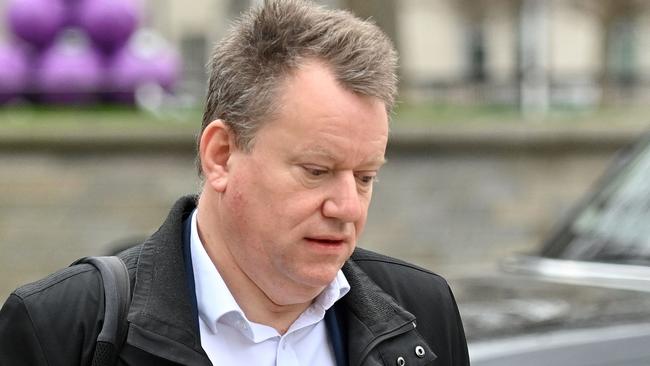
Frost’s resignation letter was brutal. He suggested that the prime minister was failing to deliver on the post-Brexit vision that he had promised – a low regulation, low tax, entrepreneurial economy that can be at the “cutting edge of modern science and economic change”.
In a reference to the prime minister’s decision to raise taxes to the highest level since the 1950s, he said: “You know my concerns about the current direction of travel.”
Allies said that Covid and the prospect of further restrictions was the straw that broke the camel’s back.
“We also need to learn to live with Covid and I know that is your instinct too,” he said. “You took a brave decision in July, against considerable opposition, to open up the country again.
“Sadly it did not prove to be irreversible, as I wished, and believe you did too. I hope we can get back on track soon and not be tempted by the kind of coercive measures we have seen elsewhere.”
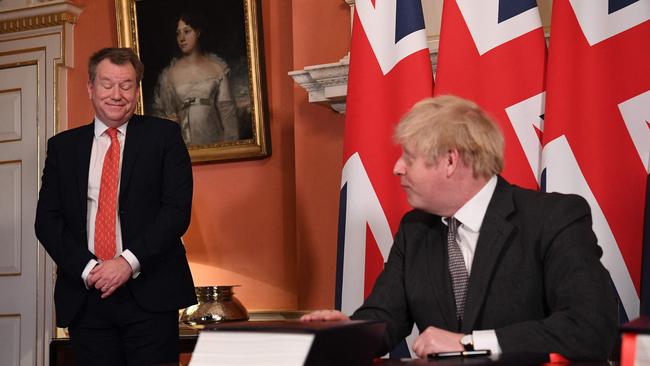
Frost tendered his resignation on December 9, the day after the prime minister had announced plans for Covid passes as a condition of entry to large venues. The proposals led last week to a rebellion by more than 100 Tory MPs, the biggest of Johnson’s premiership.
He is said to have made clear at a meeting in No 10 that he viewed the measures as unpalatable, having argued repeatedly in government against greater Covid restrictions. Frost was also one of only three ministers to voice concerns in cabinet about increasing national insurance to pay for health and social care. His concern is that instead of pursuing the low-tax model of economic growth he once promised after Brexit, Johnson is following a “European-style high tax, high spend” economic model. A friend of Frost said: “He thinks Johnson is failing to capitalise on the opportunities of Brexit.”
There are also claims that Frost has concerns about a significant concession on the Northern Ireland protocol over the role of the European Court of Justice, although this has been strongly denied by other sources. Frost had agreed to stay on until the new year. He was left with no choice but to leave with immediate effect, however, after news of his resignation letter was leaked to The Mail on Sunday at the weekend.
The resignation further damages Johnson’s fragile grip on the Brexiteer wing of his party. On the Clean Global Brexit group of more than 100 Tory MPs, members lined up to pay tribute to Frost on WhatsApp and lament his departure. “Very worrying,” Theresa Villiers, a former Northern Ireland secretary, posted. “Disaster,” Andrew Bridgen, the member for North West Leicestershire, wrote. “Lord Frost was concerned about the direction of the Gov. So are most Conservative backbenchers.”
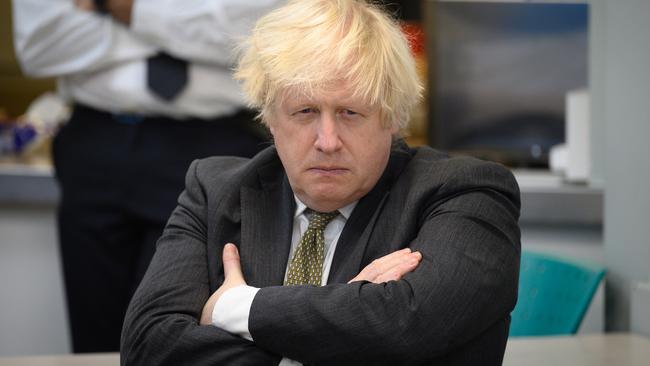
Marcus Fysh, the Tory MP for Yeovil, called Frost a “hero” while Sir Geoffrey Clifton-Brown, vice-president of the Alliance of European Conservatives, said that it was a “further hammer blow to the PM”.
Leaks obtained by Sky News suggested that Nadine Dorries, the culture secretary, intervened to defend the prime minister as the “hero who delivered Brexit”. “I’m aware as someone said today that regicide is in the DNA of the Conservative Party,” she wrote. “But a bit of loyalty to the person who won an 83-seat majority and delivered Brexit wouldn’t go amiss.”
The response of Steve Baker, the member for Wycombe and a former chairman of the European Research Group of MPs, was brutal: he removed Dorries from the group. “Enough is enough,” he said. He told one colleague he had grown tired of the “bullshit”.
The timing of Frost’s departure, especially with his withering reference to Covid regulations, could not be worse for the government. The Times disclosed on Saturday that officials had drawn up plans for a two-week circuit breaker after Christmas that would bar households from mixing.
Sajid Javid, the health secretary, refused yesterday to rule out introducing the measures before Christmas. The issue has split the cabinet.
Javid and Michael Gove, the levelling-up secretary, are said to have sided with government scientists and called for more restrictions.
About a dozen ministers, however, are opposed to the move, including Rishi Sunak, the chancellor of the exchequer, Kwasi Kwarteng, the business secretary, Mark Spencer, the chief whip, Grant Shapps, the transport secretary, and Jacob Rees-Mogg, the leader of the commons.
Cabinet ministers were given a bleak briefing on Saturday by Sir Patrick Vallance, the chief scientific adviser, and Chris Whitty, the chief medical officer for England. They are said to have made clear that present restrictions are not enough to stop a surge in hospital admissions that could overwhelm the NHS. Their warning was stark: every day of delay would lead to more pressure as the Omicron variant spread.
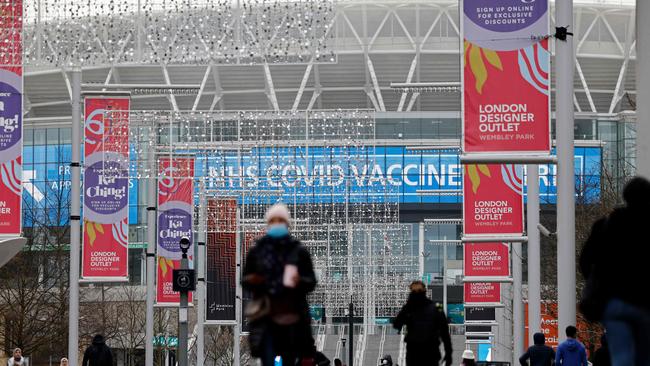
A succession of ministers spoke out against further restrictions.
One asked: “Is it right to make decisions on information that is incomplete and models that have been completely wrong? We’ve got to learn to live with Covid.” Another said: “Hospitals are not being overwhelmed. We’re in a battle to save Christmas. Sajid and Gove are mad for it [further restrictions].”
Shapps cited data showing there had not been a huge rise in deaths in South Africa, where the variant emerged.
John Edmunds, who sits on the Scientific Advisory Group for Emergencies, told The Times that it would be “a real problem” if ministers were banking on Omicron being less severe than previous variants.
Johnson is said to be siding with those who want to wait for more data before imposing restrictions. “He’s of the view that people are self-policing,” an ally said. “His view is that we have to keep getting jabbed and keep the economy open.”
Others question whether the prime minister has the authority to implement further restrictions. A senior Tory said: “You’ve got a prime minister who is not making decisions on the basis of public health, he’s making them on the basis of party management. He’s rejecting advice because he can’t control his own party.”
One cabinet minister said that the rebellion last week would be eclipsed if a circuit breaker were put forward.
With his government in disarray, Johnson is said to be mooting a mini reshuffle. Spencer and Rees-Mogg could be moved on to appease backbench concerns. There are questions in the party, however, about whether the issue is with those surrounding the prime minister or the leader himself.
The Times

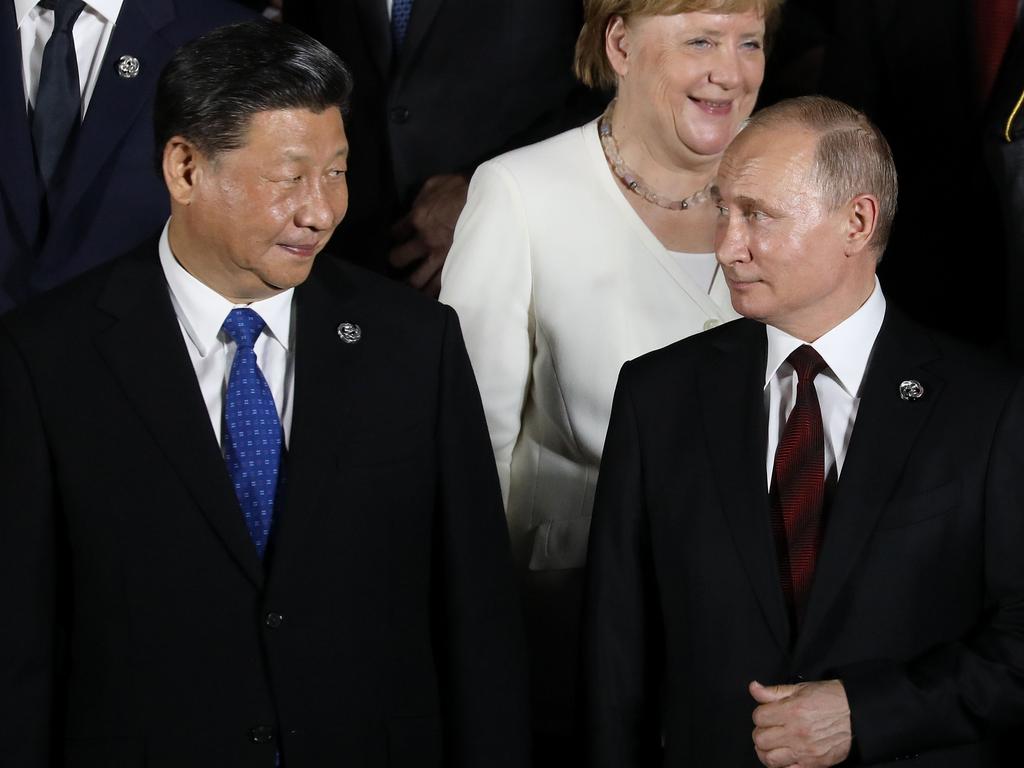
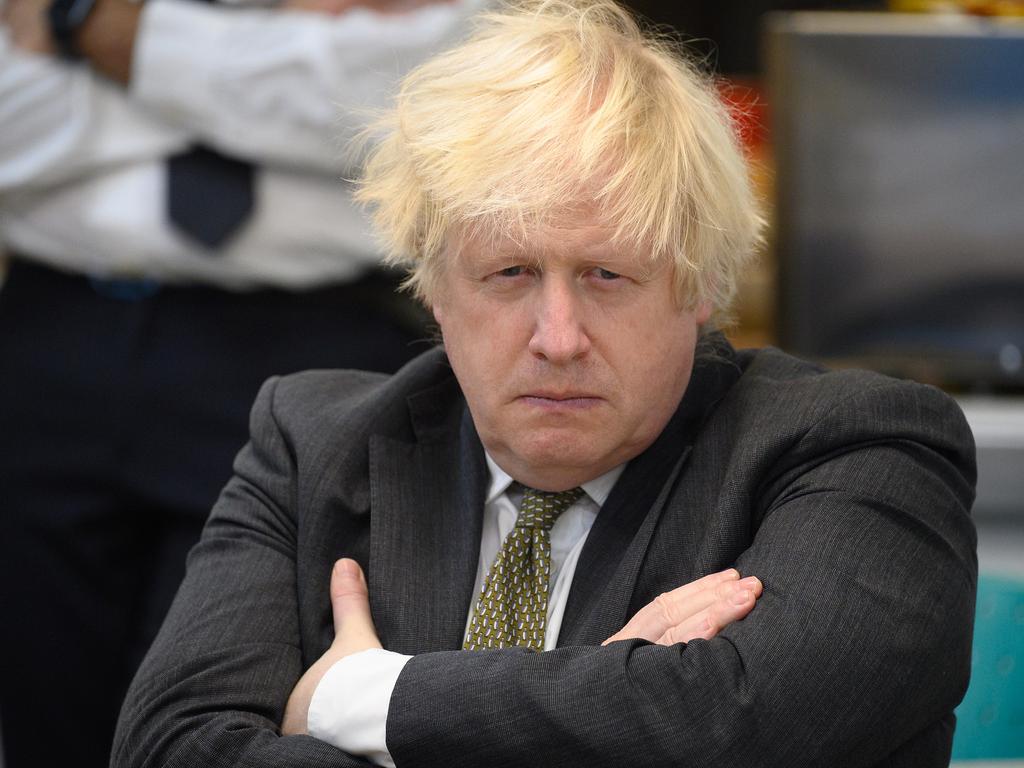

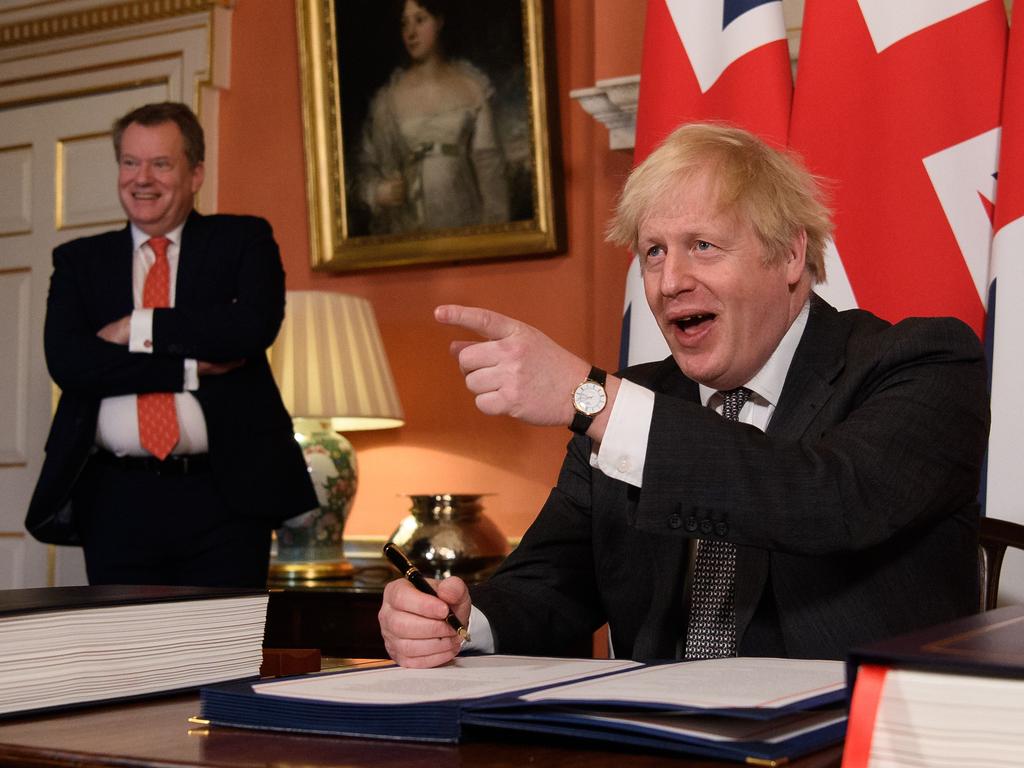

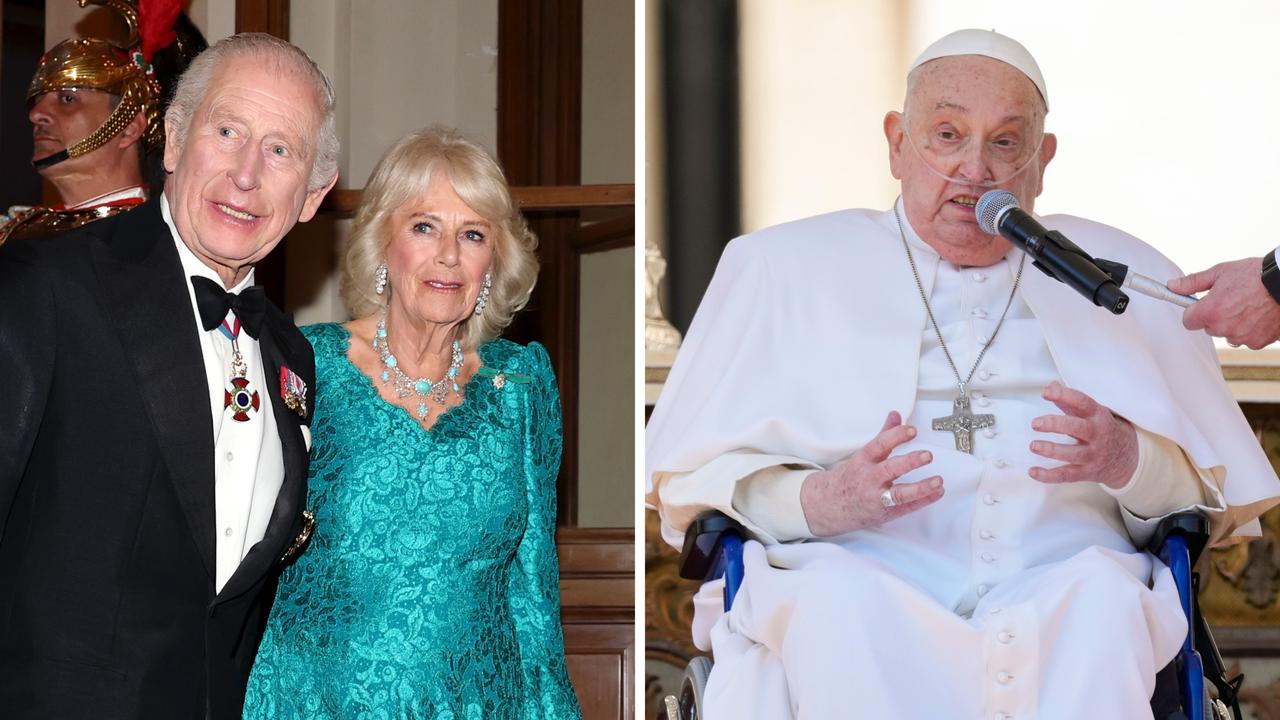
To join the conversation, please log in. Don't have an account? Register
Join the conversation, you are commenting as Logout